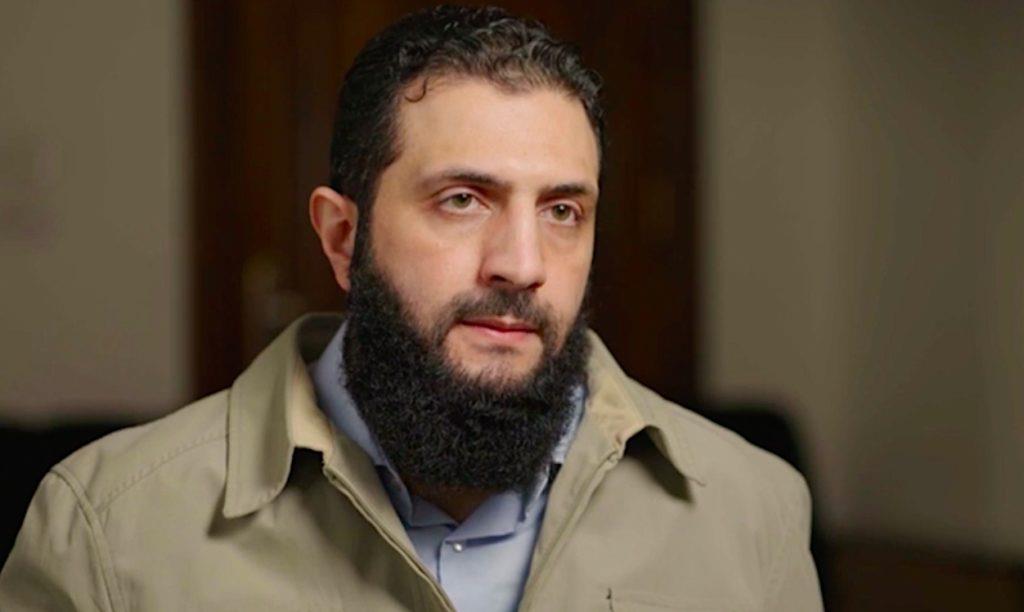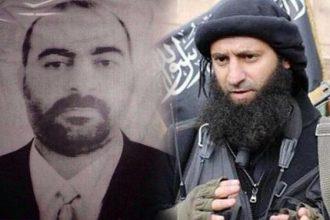
From Riyadh To Rebellion: Rise Of Syria's Abu Mohammad Al-Golani
Early Life and Radicalisation
Born Ahmad Hussein al-Shar'a in Riyadh, Saudi Arabia, in 1982, al-Golani spent his early childhood in the kingdom before his family moved to Damascus, Syria, when he was seven. His family's origins trace back to the Golan Heights, currently occupied by Israel. He grew up in Mezzeh, a Damascus neighbourhood known for its middle-class, relatively liberal residents. However, the Second Palestinian Intifada, beginning in 2000, profoundly impacted his worldview, steering him towards radicalism.
Al-Golani's radicalisation began during his time at Damascus University. He regularly attended sermons delivered by Mahmoud Qul Agassi (Abu al-Qaqa) at the Al-Alaa bin Hadrami Mosque in Aleppo, known for his anti-American rhetoric, especially following the 2003 US invasion of Iraq. Abu al-Qaqa's calls for resistance resonated deeply with al-Golani, who became an early participant in the jihad against US forces.
The Iraqi Insurgency
This commitment led him to Iraq approximately two weeks before the 2003 invasion. Settling in Mosul, he joined al-Qaeda under Abu Musab al-Zarqawi, a pivotal step in his militarisation. He fought alongside other militants against US forces before being captured in 2005 and imprisoned, first at Abu Ghraib, then Camp Bucca, and finally Croper prison near Baghdad.
Released in 2008 after five years in US custody and a brief period in Iraqi detention, al-Golani returned to the Iraqi insurgency. He rose to head military operations within the Islamic State of Iraq under Abu Bakr al-Baghdadi.
Syrian Uprising and Break with ISIS
The 2011 Syrian uprising presented a new opportunity. Al-Golani approached al-Baghdadi to establish an al-Qaeda branch in Syria. By 2012, he had launched Jabhat al-Nusra (The Nusra Front), rapidly gaining traction and attracting numerous fighters.
However, tensions with al-Baghdadi escalated. When al-Baghdadi attempted to absorb Jabhat al-Nusra into the Islamic State of Iraq and Syria (ISIS) in April 2013, al-Golani vehemently opposed the merger, citing ideological and leadership differences. He maintained his allegiance to Ayman al-Zawahiri, al-Qaeda's leader at the time.
By mid-2016, al-Golani severed ties with al-Qaeda altogether, rebranding Jabhat al-Nusra as Jabhat Fateh al-Sham (The Front for the Conquest of Syria). This marked a clear shift towards a more localised conflict against the Assad regime, moving away from international jihadism.
Ideological Evolution and Shifting Alliances
Al-Golani's ideological evolution is evident in his public statements. In a 2013 Al Jazeera interview, he distanced himself from extremist ideologies, specifically rejecting takfir (declaring other Muslims as apostates), asserting this should be left to religious scholars. He also emphasised that his group's primary focus was fighting the Syrian government, not targeting Western nations or civilians.
A 2021 interview further clarified his break with ISIS, citing opposition to its brutal tactics and mismanagement of the Syrian conflict. He criticised ISIS's indiscriminate violence, highlighting its detrimental impact on the group's internal cohesion.
Al-Golani now leads HTS, a coalition of opposition factions, including former members of Jabhat Fateh al-Sham. HTS has made significant territorial gains, particularly in northern Syria, expanding its control across Idlib, Aleppo, and Hama provinces. His military acumen and ability to forge alliances have been key to HTS's success.
Despite being designated a global terrorist by the US and sanctioned by the UN, al-Golani's influence continues to grow. In late 2024, his“Deterring Aggression” offensive aimed to further expand HTS's territorial control. He has established himself as a powerful leader within opposition-held areas, particularly Idlib. Recently, he issued a video message urging Iraqi Prime Minister Mohammed Shia al-Sudani to prevent the involvement of Iranian-backed militias in Syria, showcasing his diplomatic efforts to shape Syria's future and its relations with neighbours.
As the Syrian conflict persists, al-Golani remains a crucial figure shaping Syria's future. His successful military operations and leadership of a significant portion of the Syrian opposition suggest he will play a pivotal role in the country's post-conflict landscape. After overthrowing Bashar al-Assad, now his shift will focus on the establishment of a new order. The ultimate outcome remains uncertain, but al-Golani's impact is undeniable.

Legal Disclaimer:
MENAFN provides the
information “as is” without warranty of any kind. We do not accept
any responsibility or liability for the accuracy, content, images,
videos, licenses, completeness, legality, or reliability of the information
contained in this article. If you have any complaints or copyright
issues related to this article, kindly contact the provider above.




















Comments
No comment